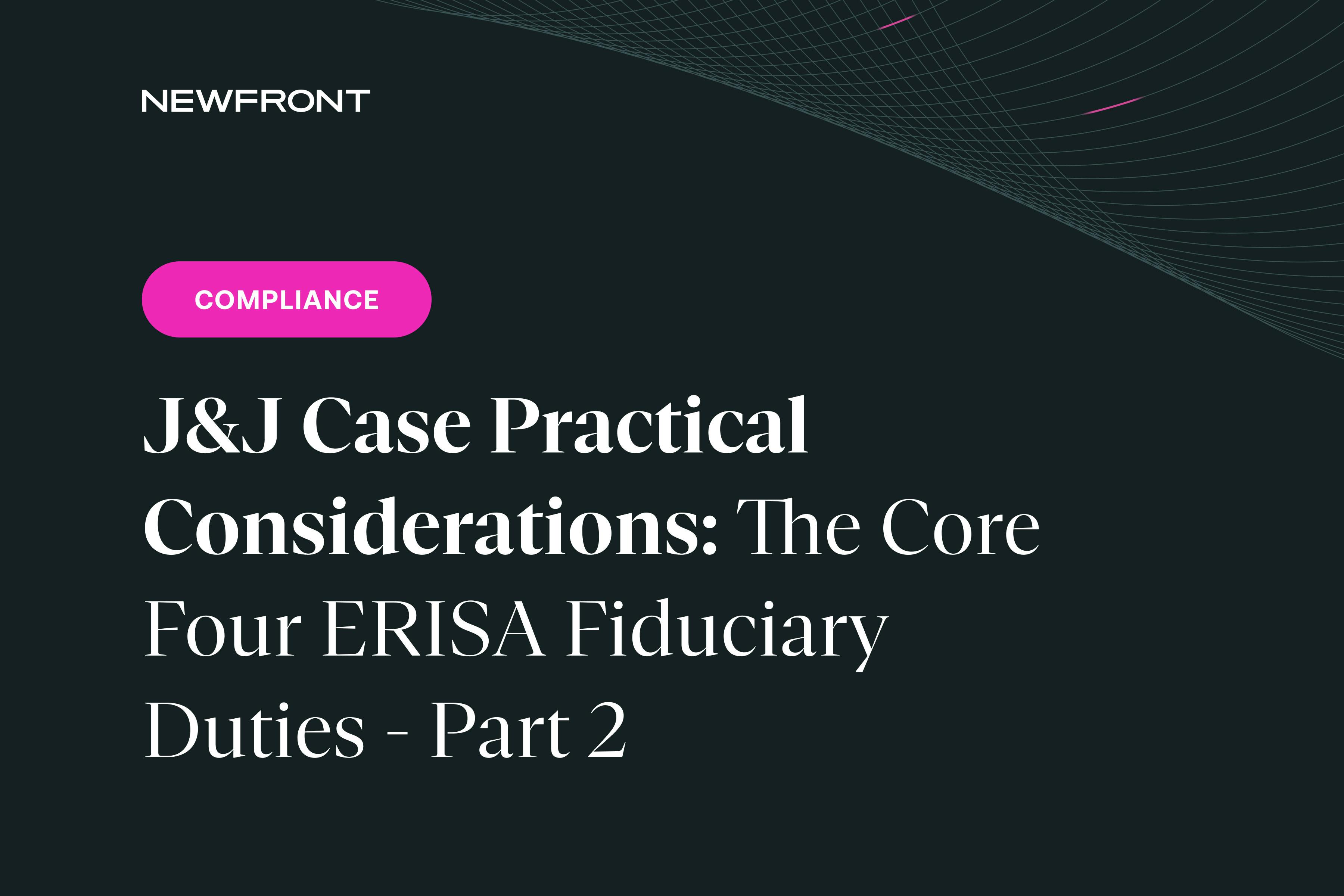Dependent Care FSA for Part-time Work
By Brian Gilmore | Published December 22, 2017
Question: Can an employee reimburse day care expenses under the dependent care FSA if the employee (or spouse) is working part-time?
Compliance Team Response:
In general, work can be full-time or part-time to qualify—as long as the daycare expense enables to the individual to work. A day on which the individual works at least one hour is considered a work day.
The general rule is that gainful employment is determined on a daily basis. However, if an individual works part-time and is required to pay for dependent care on a periodic basis (e.g., weekly or monthly) that includes both working and nonworking days, the rules provide an exception that does not require the employee to allocate the day care expenses between working and non-working days.
For example, assume an employee works Monday-Wednesday each week, but the child is in daycare for the full week. If the daycare center offers a daily or three-day rate, only that portion of the daycare expenses that relate to the working days (three days per week) will qualify. However, if the daycare center permits payment only for the full week, the employee may claim the full week’s daycare expenses (including the two non-working days) as a qualifying expense reimbursable by the dependent care FSA.
The individual assessment of whether the employee has qualifying employment-related daycare expenses is a personal income tax issue that should be addressed with the employee’s personal tax advisor.
The dependent care FSA does not make a determination of whether it is a qualifying expense. Rather, the employee certifies to having qualifying daycare expenses when requesting reimbursement. Then the employee must then address the issue when completing the Form 2441 portion of the Form 1040 individual tax return.
Regulations:
IRS Publication 503:
https://www.irs.gov/pub/irs-pdf/p503.pdf
Part-time work. If you work part-time, you generally must figure your expenses for each day. However, if you have to pay for care weekly, monthly, or in another way that includes both days worked and days not worked, you can figure your credit including the expenses you paid for days you did not work. Any day when you work at least 1 hour is a day of work.
Example 1. You work 3 days a week. While you work, your 6-year-old child attends a dependent care center, which complies with all state and local regulations. You can pay the center $150 for any 3 days a week or $250 for 5 days a week. Your child attends the center 5 days a week. Your work-related expenses are limited to $150 a week.
Example 2. The facts are the same as in Example 1 except the center does not offer a 3-day option. The entire $250 weekly fee may be a work-related expense.

Brian Gilmore
Lead Benefits Counsel, VP, Newfront
Brian Gilmore is the Lead Benefits Counsel at Newfront. He assists clients on a wide variety of employee benefits compliance issues. The primary areas of his practice include ERISA, ACA, COBRA, HIPAA, Section 125 Cafeteria Plans, and 401(k) plans. Brian also presents regularly at trade events and in webinars on current hot topics in employee benefits law.
Connect on LinkedIn

